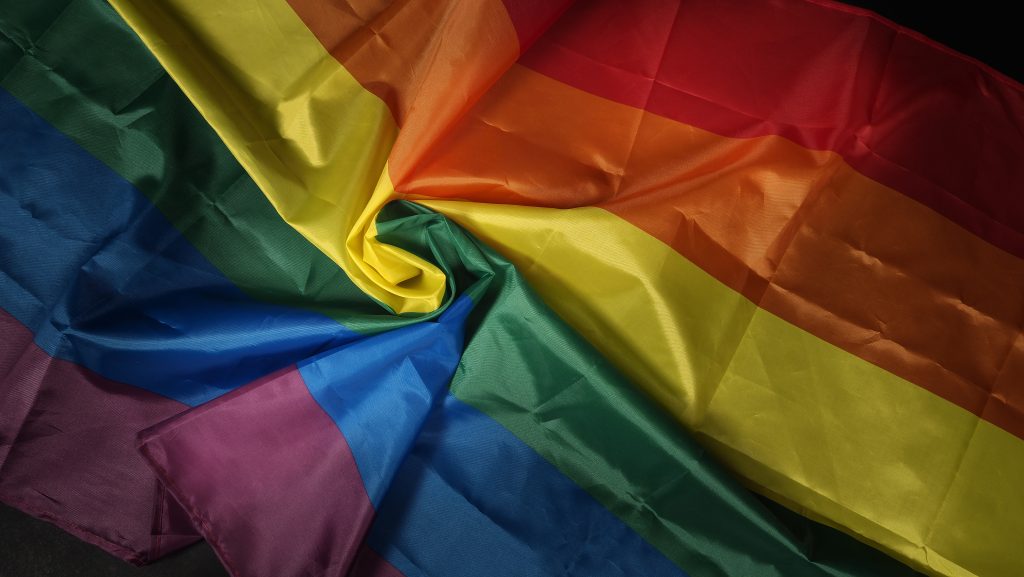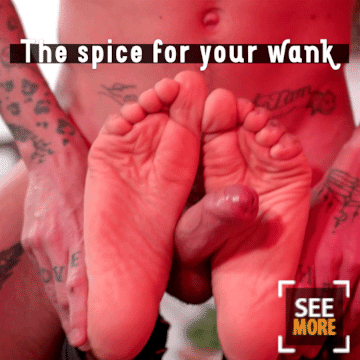
Homophobia in countries:
Homophobia, defined as the fear, prejudice, or discrimination against individuals based on their sexual orientation, continues to be a pervasive issue in today’s society. Despite significant progress towards LGBTQ+ rights and acceptance, homophobia remains a persistent force that hampers the well-being and dignity of countless individuals around the world.
- Russia: Russia has gained notoriety for its anti-LGBTQ+ legislation, including the infamous “gay propaganda” law, which prohibits the promotion of “non-traditional” sexual relationships to minors. This law has fueled discrimination, violence, and social marginalization of LGBTQ+ individuals, making it extremely difficult for them to live their lives openly and authentically.
- Uganda: In Uganda, same-sex sexual activity is criminalized under draconian laws, which not only perpetuate discrimination but also contribute to a culture of violence and persecution against LGBTQ+ individuals. Activists and allies face threats and harassment, and advocacy for LGBTQ+ rights is met with severe backlash.
- Saudi Arabia: Saudi Arabia adheres to a strict interpretation of Islamic law, under which same-sex sexual activity is illegal and punishable by imprisonment, flogging, or even death. LGBTQ+ individuals in Saudi Arabia live in constant fear and are forced to hide their identities due to societal stigma and the threat of state-sanctioned punishment.
- Iran: Homosexuality is considered a crime punishable by death in Iran, making it one of the most dangerous countries for LGBTQ+ individuals. The government’s oppressive policies, coupled with societal intolerance, result in widespread discrimination, violence, and forced repression of sexual identity.
The Impact on LGBTQ+ Individuals:
In these homophobic countries, LGBTQ+ individuals face numerous challenges that impact their physical, mental, and emotional well-being:
- Discrimination and Violence: Homophobia perpetuates a climate of discrimination and violence, with LGBTQ+ individuals being subjected to hate crimes, harassment, and social exclusion. This creates a constant threat to their safety and hinders their ability to live openly and authentically.
- Legal Persecution: Harsh anti-LGBTQ+ laws and policies further marginalize LGBTQ+ individuals, pushing them into the shadows and denying them basic human rights. These laws can lead to arbitrary arrests, imprisonment, and even state-sanctioned violence, reinforcing systemic oppression.
- Stigma and Social Isolation: Homophobic attitudes in society lead to the stigmatization and ostracization of LGBTQ+ individuals. They often face rejection from family, friends, and communities, leaving them isolated and vulnerable to mental health issues, such as depression and anxiety.
The Struggle for Equality and Acceptance:
Despite the challenges, LGBTQ+ individuals and activists in these countries continue to fight for their rights and demand acceptance:
- Grassroots Activism: LGBTQ+ activists and organizations are working tirelessly to challenge discriminatory laws, raise awareness, and provide support and resources to those in need. Their bravery and resilience are key in pushing for societal change.
- International Pressure: The international community plays a crucial role in advocating for LGBTQ+ rights and holding homophobic countries accountable for their discriminatory practices. Diplomatic efforts, human rights organizations, and global campaigns can exert pressure for change.
- Solidarity and Allyship: Allies within and outside these countries offer support and solidarity to LGBTQ+ individuals, amplifying their voices and advocating for their rights. Solidarity builds a global network of acceptance and helps create spaces of refuge and support.
Confronting homophobia:
Homophobic countries represent a significant challenge to the global struggle for LGBTQ+ rights and acceptance. The experiences of LGBTQ+ individuals in these countries are marked by discrimination, violence, and systemic oppression. However, through grassroots activism, international pressure, and solidarity, progress can be achieved. It is essential to continue raising awareness, supporting local movements, and advocating for the fundamental human rights of all individuals, regardless of sexual orientation or gender identity. Only by confronting homophobia head-on can we work towards a more inclusive and equitable world for LGBTQ+ individuals everywhere.


